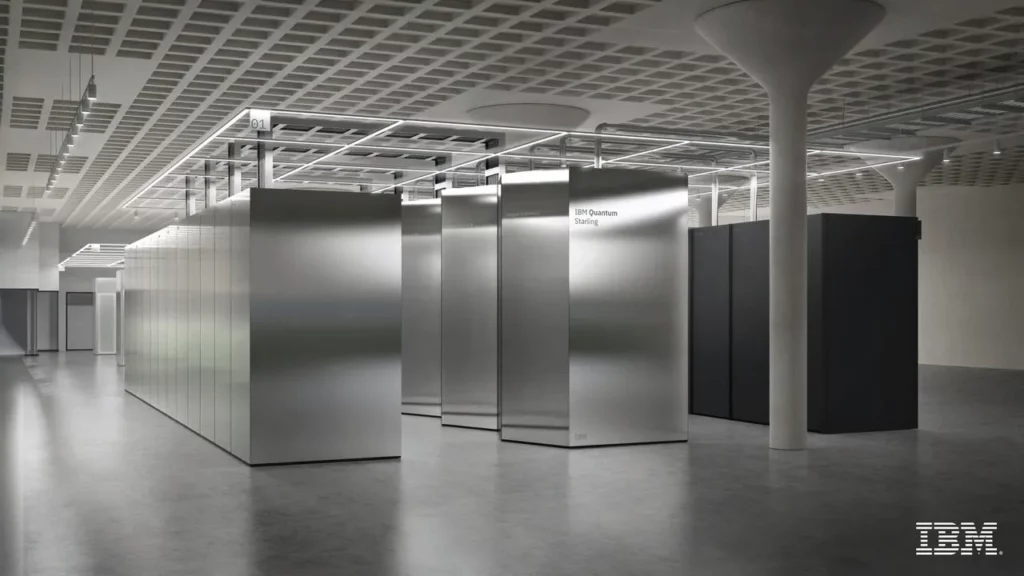Quantum computers often arrive wrapped in hype, with bold claims about “quantum advantage” and future breakthroughs. In reality, they’re already running real workloads today, just not replacing your laptop anytime soon. IBM Quantum’s director, Jerry Chow, says the goal isn’t to topple classical systems but to make quantum a practical, complementary tool.
Quantum computers as an augmented tool

Chow frames quantum advantage as incremental. Rather than wiping out classical computing, quantum systems work alongside CPUs and GPUs to tackle specific challenges faster, cheaper, or more accurately. That’s how GPUs evolved, starting as niche gaming hardware before powering national science projects. Quantum, he says, is on a similar trajectory.
How quantum computers and classical systems work together
Inputs and outputs remain classical, but quantum processors explore vast possibilities in between. Classical systems verify, refine, and apply those results. This pairing lets researchers, like those at Japan’s RIKEN Institute, merge IBM’s System Two with the Fugaku supercomputer to probe molecular structures more efficiently.
Current areas of quantum-classical collaboration:
- Molecular modeling for chemistry and materials
- Optimization for logistics and energy systems
- Complex physics simulations
- Cryptography research and testing
IBM’s push for community-driven progress
When IBM put its quantum machines on the cloud in the mid-2010s, it opened access to developers and researchers worldwide. Today, nearly 300 members are part of its quantum network, exploring use cases in industries from healthcare to oil and gas. Chow emphasizes that IBM isn’t the expert in every vertical; the breakthroughs come from partnerships.
The next milestones for quantum computers
IBM plans to debut a new system, codenamed Nighthawk, by year’s end. Chow expects steady gains in the complexity of circuits that can be run, paired with high-performance computing to create tangible “sticks in the ground” for quantum advantage.
Getting hands-on with quantum computers
You don’t have to wait years to try them. IBM offers free access to run quantum circuits over the web. With open learning resources and an active community, Chow says the best way to understand the tech is to use it yourself. The next breakthroughs, he believes, will come from that growing base of curious users.














